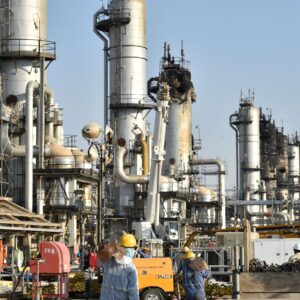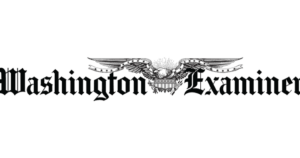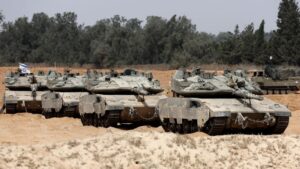
CNN journalists Frederik Pleitgen and Claudia Otto made history as the first Western media team to enter Iran following a significant escalation in regional tensions. This exclusive access came after Israel launched a contentious attack on Iran in June, prompting a series of retaliatory actions that included unprecedented U.S. strikes on key Iranian nuclear facilities.
Over a span of 12 days, Pleitgen and Otto navigated the complexities of a nation under duress, offering a rare glimpse into the lives of those directly impacted by the conflict. Their reports, notably unvetted prior to broadcast, provided an unfiltered view of the situation on the ground, marking a stark departure from previous media coverage in the region.
Unrivaled Access in a Time of Crisis
Their journey through Iran was unlike any of their previous visits. The duo gained access to areas and individuals often shrouded in secrecy, capturing the raw emotions and realities faced by ordinary Iranians. This level of access is particularly significant given the historical context of media restrictions in the country.
According to Pleitgen, “The ability to report freely and without prior vetting allowed us to present a more authentic narrative, one that resonates with the everyday struggles and resilience of the Iranian people.”
Historical Context and Regional Implications
The backdrop of this reporting trip is critical to understanding its significance. The Middle East has long been a hotbed of geopolitical tensions, with Iran frequently at the center of international scrutiny due to its nuclear ambitions. The June conflict, triggered by Israel’s aggressive military actions, exacerbated these tensions, drawing global attention and concern.
Historically, Western media access to Iran has been limited, often resulting in narratives that lack depth and local perspective. This development represents a shift in how stories from the region are told, potentially influencing international perceptions and policy decisions.
Expert Opinions on Media Access
Media experts highlight the importance of such unfiltered reporting. Dr. Sarah Ahmed, a Middle East media analyst, notes, “Access to unvetted, on-the-ground reporting is crucial for a comprehensive understanding of the complexities in regions like Iran. It challenges preconceived notions and provides a platform for voices typically marginalized in mainstream discourse.”
Dr. Sarah Ahmed: “Access to unvetted, on-the-ground reporting is crucial for a comprehensive understanding of the complexities in regions like Iran.”
Looking Ahead: The Impact of Unfiltered Reporting
The implications of CNN’s reporting extend beyond immediate news cycles. By providing a platform for authentic voices and experiences, such journalism can influence public opinion and policy formulation. As tensions in the Middle East continue to evolve, the role of media in shaping narratives and fostering understanding becomes increasingly vital.
Moving forward, the challenge remains for Western media to maintain this level of access and integrity in reporting. As Pleitgen and Otto’s experience demonstrates, the power of storytelling lies in its ability to connect audiences with the human elements of geopolitical conflicts, fostering empathy and informed dialogue.
As the world watches the developments in Iran and its relations with global powers, the need for transparent and comprehensive reporting is more critical than ever. The stories from Pleitgen and Otto’s journey serve as a testament to the enduring importance of journalism in bridging cultural and political divides.





